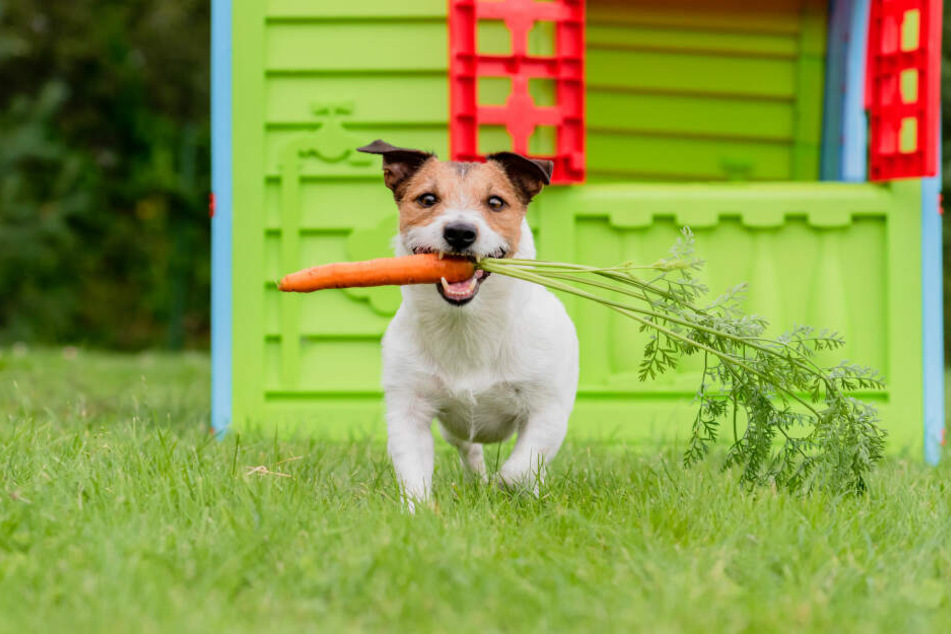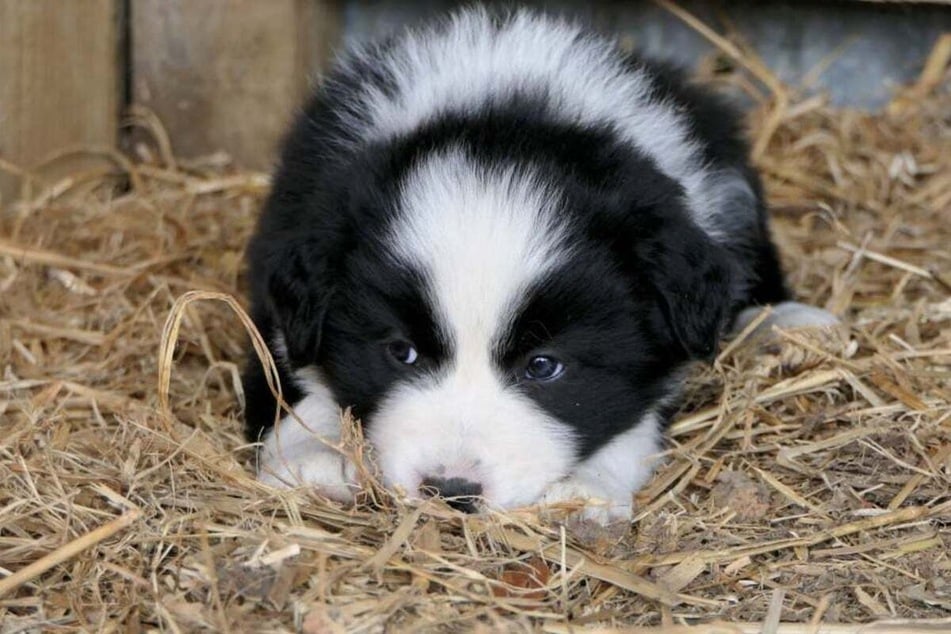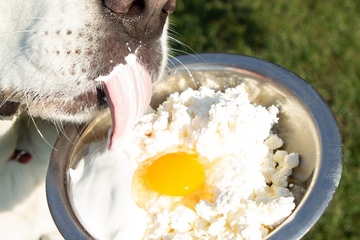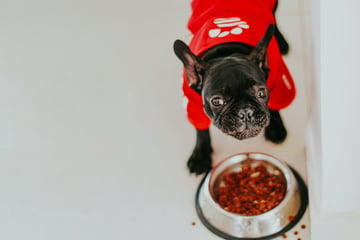Vegan dog food: Can dogs go vegan?
What happens when a pet goes vegan? Does your dog get sick and unhappy or is it actually perfectly healthy and extra ethical? Can dogs go vegan, or is this just an endlessly bad idea?

Plenty of people have learned how to get by without eating animal products, doing their bit for the environment and for the protection of animals. Can this be replicated with our pets, though, can dogs go vegan safely and, if so, is it actually recommended? What does a nutritional dog diet look like once it goes vegan, and what do you need to know?
Vegan dog nutrition: Is it possible?
While it is technically possible for dogs to go vegan, due to a number of safe products, it is not recommended at all. Dogs are not like humans, which can have a diverse and eclectic diet. They are carnivores, with metabolisms quite close to omnivores, meaning that they can eat both meat proteins and carbohydrates. This means that while you could technically give your dog some vegan dog food, it wouldn't be the best idea.
Every now and again, sure, it would be fine for your dog to have some specially designed vegan dog food, but none of this should be done with the consulting of a veterinarian. They are the people who know the best when it comes to your dog's health, and they should be respected no matter your ideological leanings - this is a dog, not you, and you should respect its biological needs.
Dogs have some pretty specific nutritional needs, and those needs must be met. If choosing to go ahead with a vegan lifestyle, then there are a few things to pay attention to.

Vegan dog nutrition: Protein
Dogs need a lot of protein. Although their nutritional demands are not quite as high as those of cats, they still need plenty of it, and a protein deficiency can have serious consequences for your perfect pooch. While meat has a high concentration of natural proteins, there are admittedly some vegetables and plant-based options that possess a high amount of natural or chemical proteins. As we said, it's possible - but not recommended.
Vegan dog nutrition: Taurine
Another essential element is taurine. Dog owners should make sure that their canine companions have a sufficient supply of this amino acid to stave off disorders of the heart muscle. Since taurine is almost impossible to find in the plant world, it should be added as a supplement if you opt for a vegan diet. Alternatively, skip out on the vegan stuff and give your dog what it naturally needs as per the vet's instructions.
Vegan dog nutrition: Avoiding poisons
Some ingredients are absolute no-nos when it comes to dogs, and it's crucial for dog owners to know what to avoid. Things like chocolate can be extremely dangerous, along with a range of nuts and vegetables (any allium, for example, is very dangerous). The avocado, another vegan favorite for humans, is also harmful, and fruit should only be included in moderation.
Best vegan dog food
There are a few options when it comes to vegan dog food, and you can certainly go ahead and limit your dog's carnivorous intake a bit by supplementing with vegan alternatives. This should, however, only ever be done if your darling doggo has been given the tick of approval from your veterinarian. If not, this could be considered a dangerous decision.
Here are a few vegan dog food options:
- Go with some delicious and relatively affordable vegan plant-based mini kibble dog food from V-dog.
- Plant-based dog biscuits are a great option as a substitute for those that contain animal products. We'd recommend the Halo branded stuff.
- Try out some fantastic vegan dry dog food, and limit your dog's meat intake to just its wet food.
- Don't go with vegan wet foods. Your dog needs a lot of these vitamins and it should have to deal with substitutes.
Anyone who is considering buying or cooking exclusively vegan food for their dog should definitely consult with a vet first. Their dog is not meant to eat a solely plant-based diet, and you don't want to cause harm because of some ideological pursuit. Be careful!
Cover photo: 123RF/Alexey Maximenko



